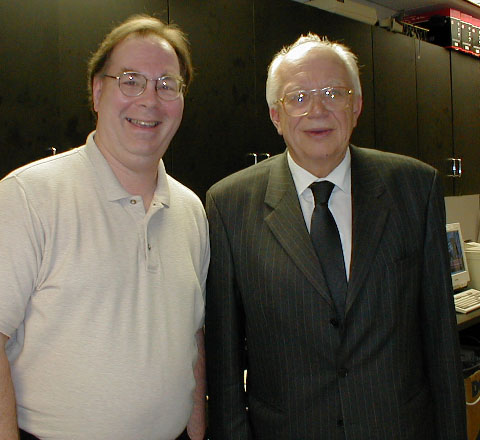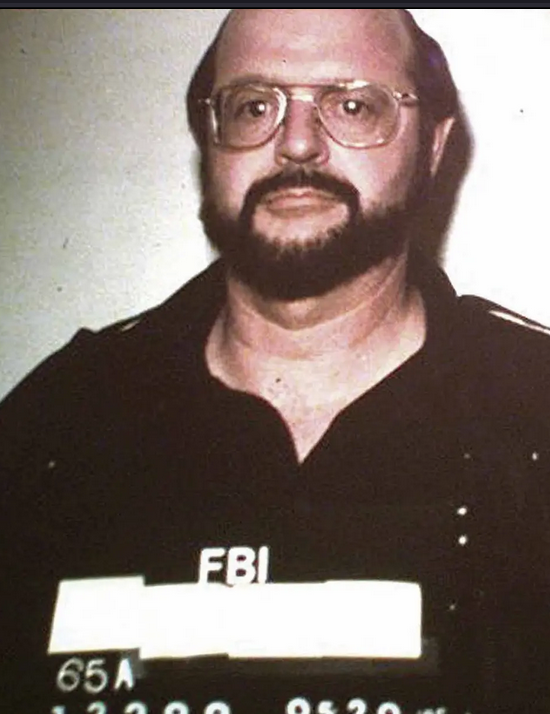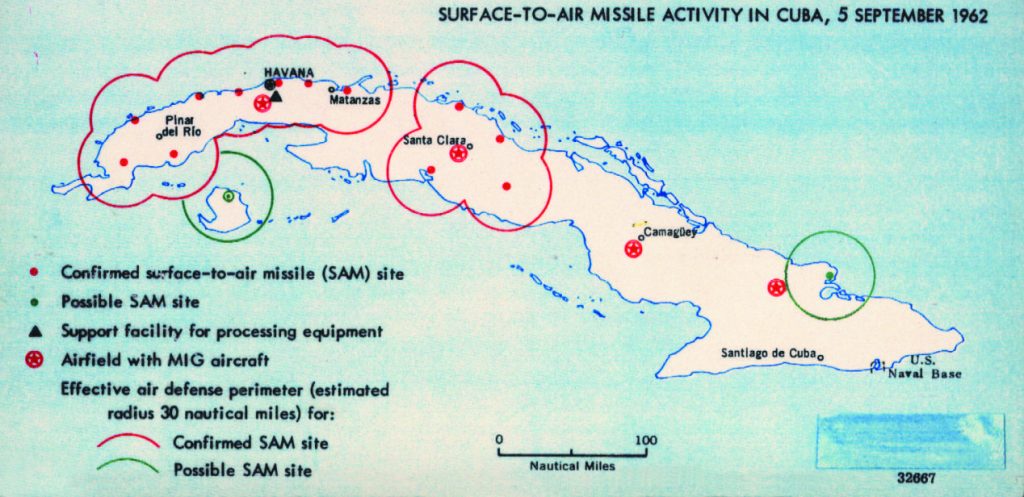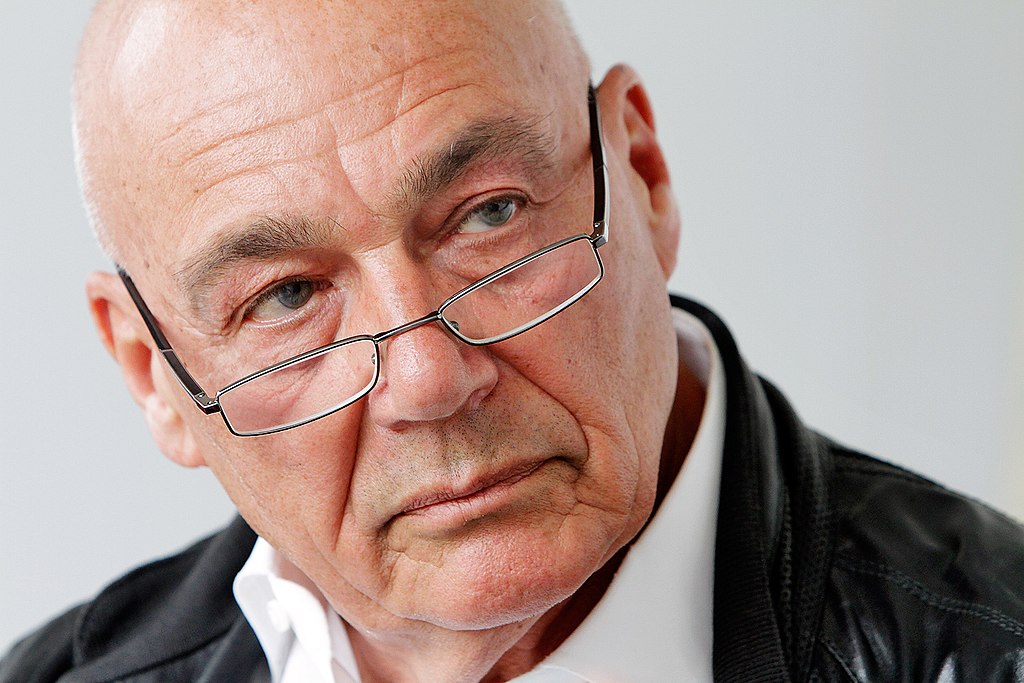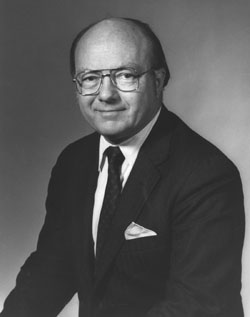
More than three decades after the breakup of the Soviet Union, many people today fear a return to a Cold War with Russia. So it’s important to understand how the first one ended.
Today we’re going back 20 years , to a conversation with the longtime foreign service officer, and one-time U.S. ambassador to the Soviet Union, Jack Matlock.
His 2004 book was called Reagan and Gorbachev: How The Cold War Ended.
As a top ranking career diplomat, Matlock was at the very center of the U.S.-Soviet relationship. He was there for everything from the Cuban missile crisis in 1962 to the Breakup of the Soviet Union almost 30 years later.
His book was packed with the kind of details and insight that only a key insider would have.
So here now, from 2004, Ambassador Jack Matlock.
Jack Matlock is 94 now, and lives in New Jersey.

